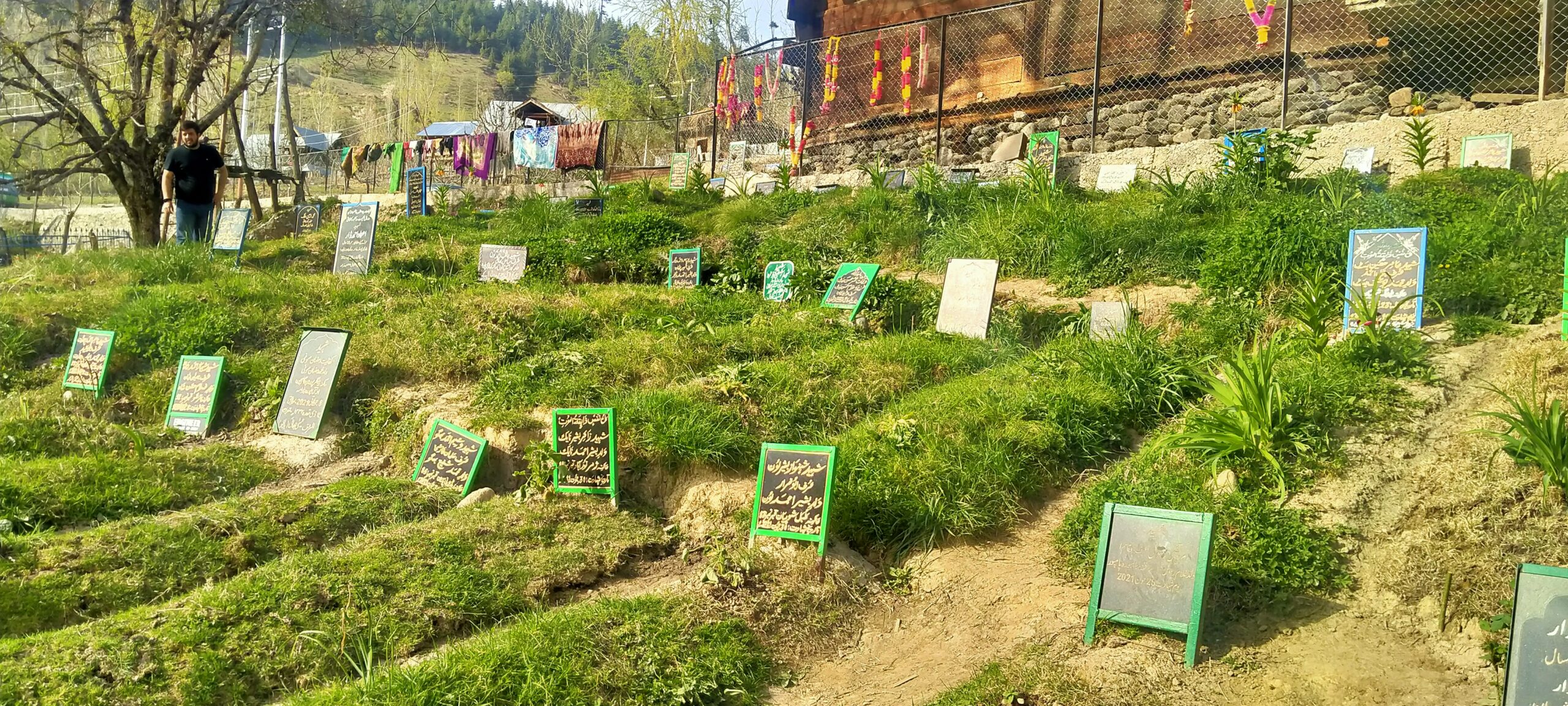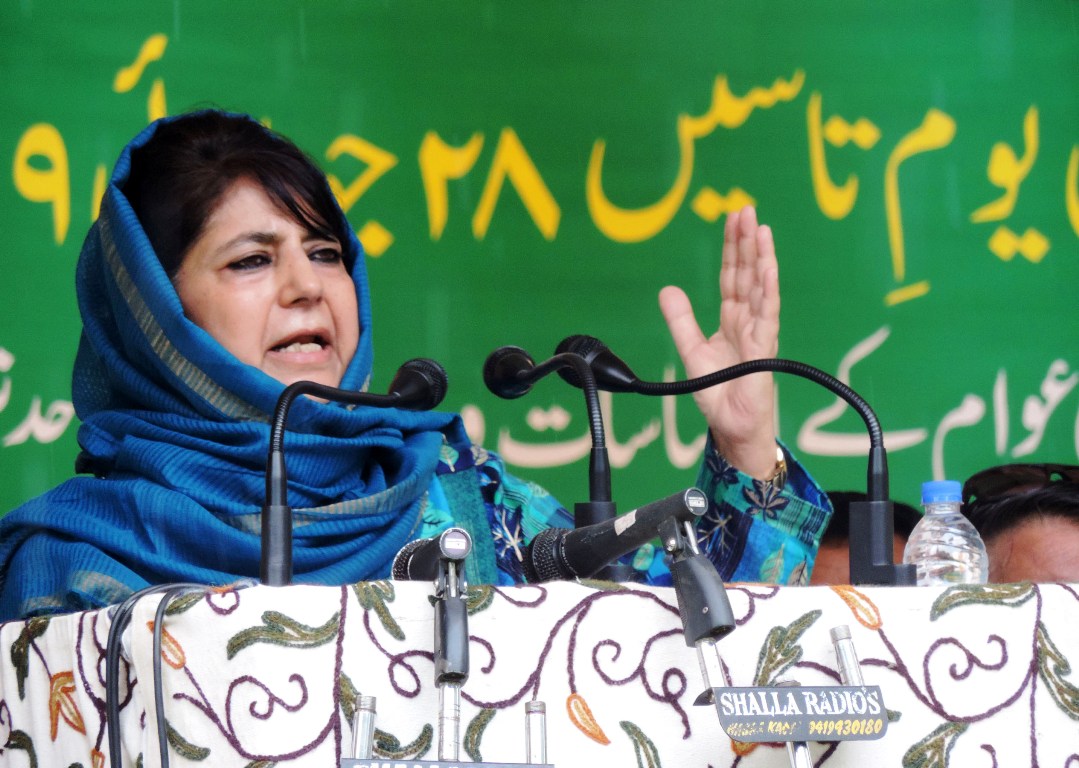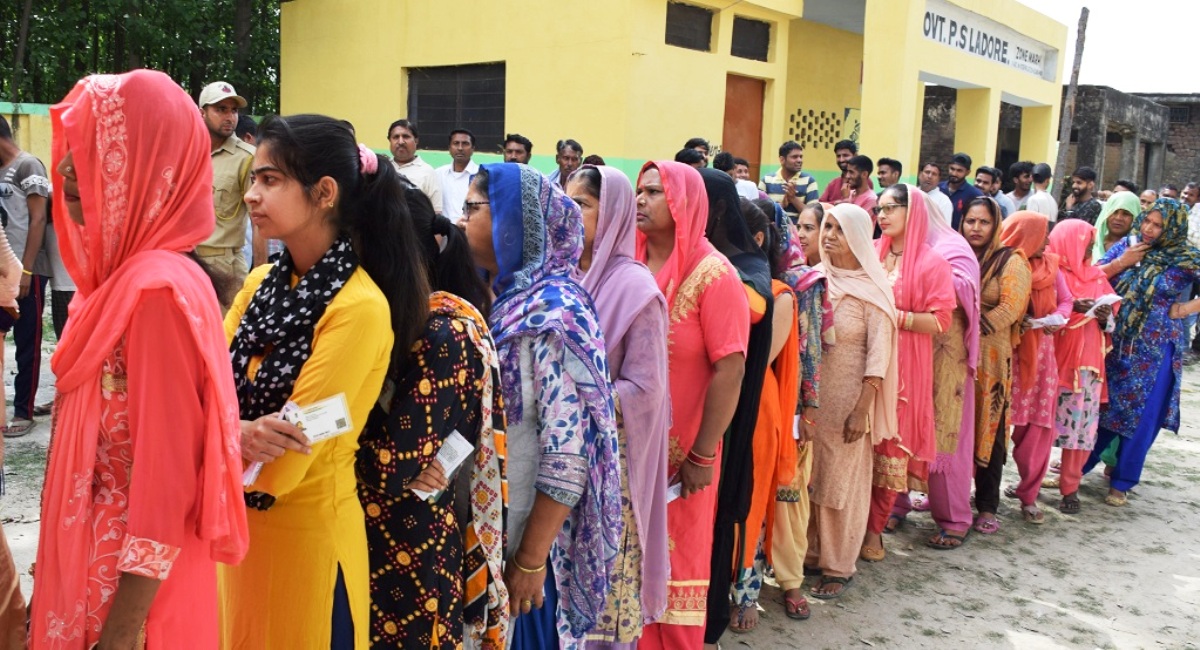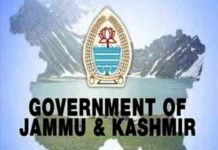SRINAGAR: The High Court of J&K and Ladakh on Friday ruled that State cannot deny the constitutional right, which also includes right of the next of kin of the deceased to have their dear one cremated or buried as per the religious obligations and religious belief, in the name of preventing law and order situation going out of hand.

A bench justice Sanjeev Kumar made this ruling while allowing a petition filed by Mohammad Latief Magrey, seeking decent burial of his son who was one among the persons killed in an “encounter” at Hyderpora area of Srinagar last year.
“The right of the next of kin of the deceased to have their dear one cremated or buried as per the religious obligations and religious belief was part and parcel of right to life guaranteed under Article 21 of the Constitution of India.”
Turning down the government’s contention that the decision not to hand over the body was taken in the “larger public interest and to prevent the situation of law and order going out of hand”, the bench termed it “per-se arbitrary” and against Article 14 of the Constitution of India.
“The respondents (government functionaries), however, have not come clear as to why the dead bodies of two of the four killed in the encounter, namely, Altaf Ahmad Bhat and Dr. Mudasir Gul were exhumed and handed over to their relatives for their last rites in the graveyards of their choice and why the similar right claimed by petitioner (Mohammad Latief Magrey) was denied,” the court said.
The government, the Bench said, tried to draw distinction by submitting that as per the investigation conducted by the SIT, Amir was a confirmed militant whereas the other two killed, namely, Altaf Ahmad Bhat and Dr Mudasir Gul were “only associates of the terrorists”.
“I do not find any logic or sense in distinction so made by the respondents. It transpires that due to public pressure and demand by the relatives of the two deceased namely, Altaf Ahmad Bhat and Dr Mudasir Gul, the respondents relented and permitted their dead bodies to be exhumed and handed over to their relatives,” the court said as per GNS, adding, “Since the petitioner was a resident of Gool, a remote village in Jammu Province and did not much say in the Valley and, therefore, his request was arbitrarily turned down.”
The action of the government, the court said, “is not traceable to any procedure established by law which is just, fair and equitable.”
“At least none was brought to the notice of this Court. The decision of the respondents not to allow the petitioner (Mohammad Latief magrey) to take away dead body of his son to his native village for last rites was per-se arbitrary and falls foul of Article 14 of the Constitution of India.”
The court also rejected the apprehension of law and order getting vitiated if Amir’s body was handed to the father then as “illusory”.
“When the respondents could maintain the law and order situation when the dead bodies of two, namely, Altaf Ahmad Bhat and Dr. Mudasir Gul were exhumed and handed over to their relatives for last rites on 18.11.2021, it is not difficult for the respondents to make necessary arrangements for exhumation of the dead body of Amir Latief Magrey and transport the same in proper escort to his (native village).”















